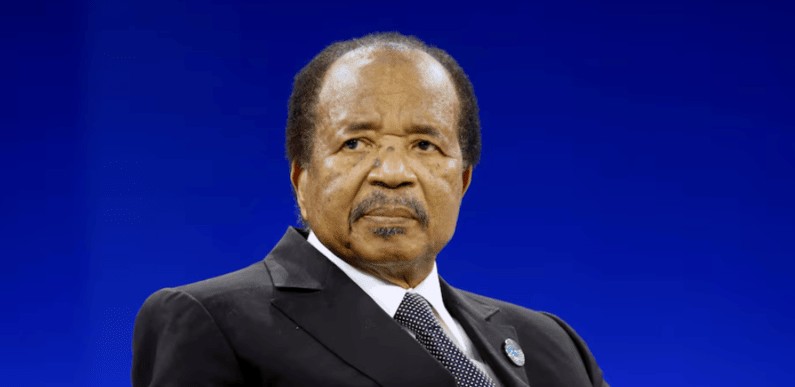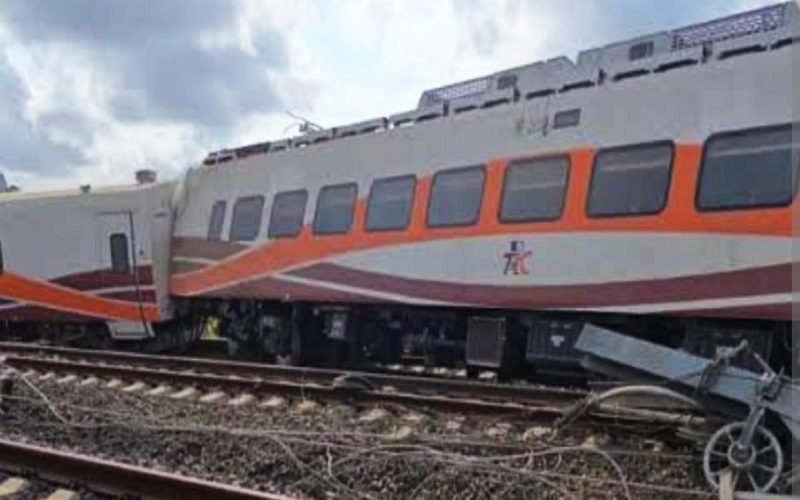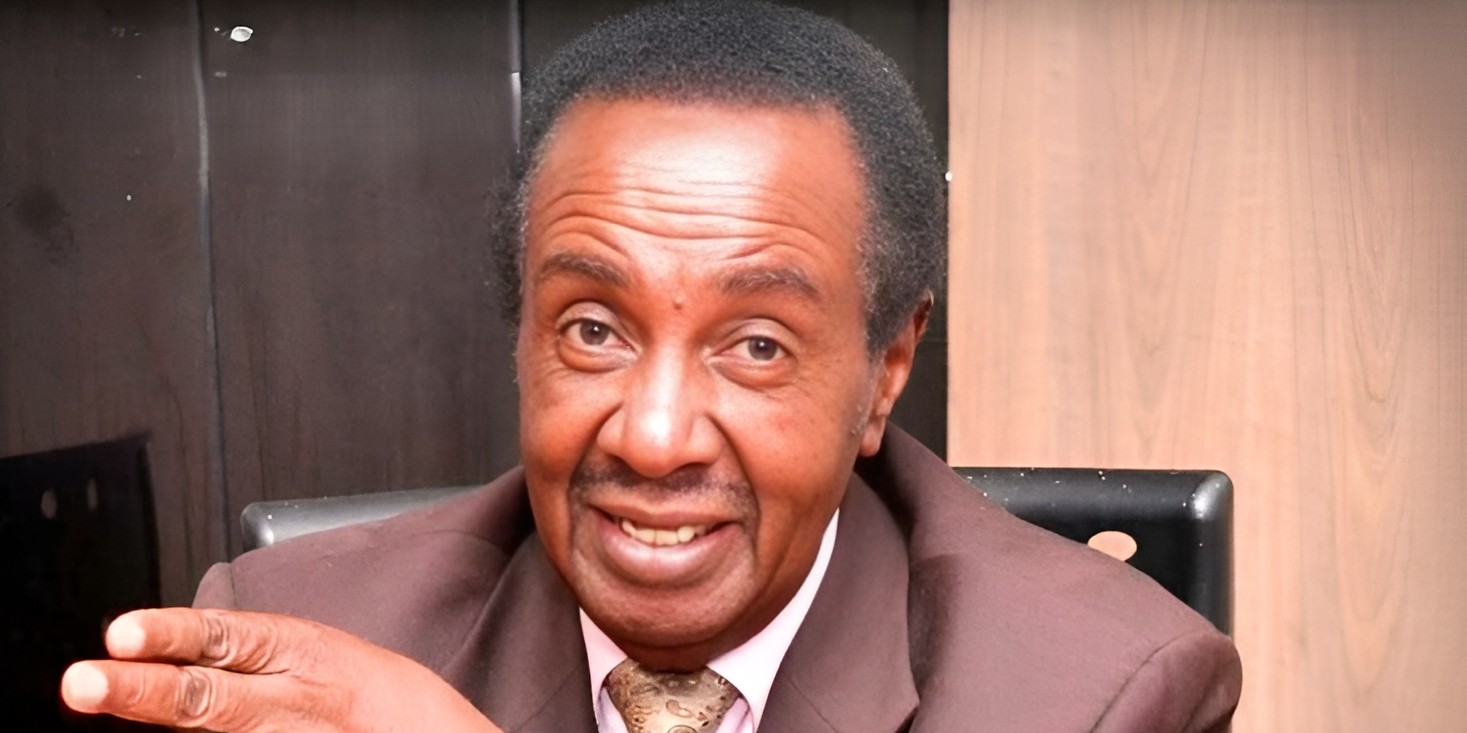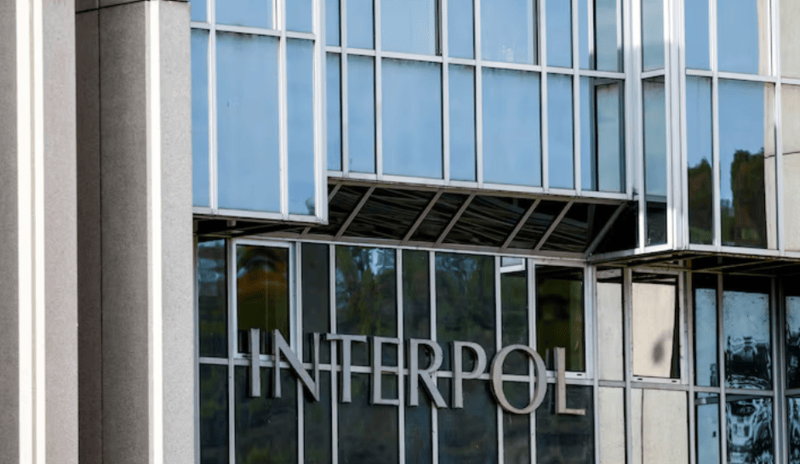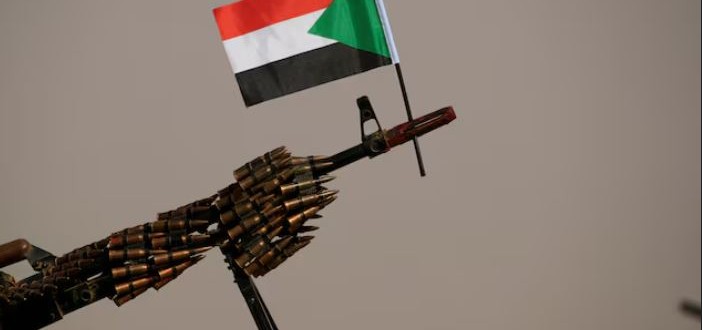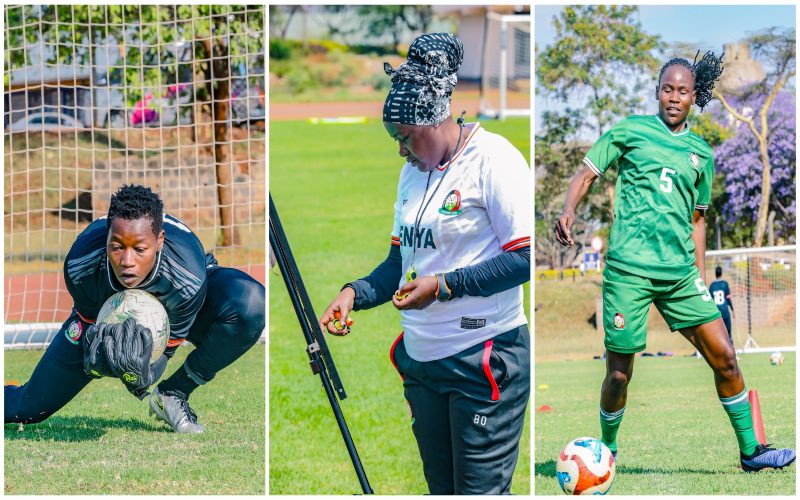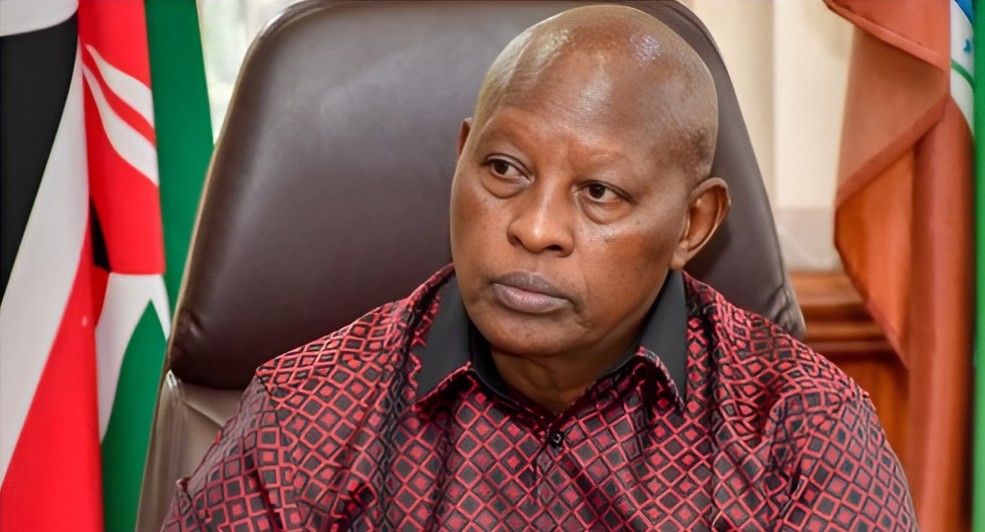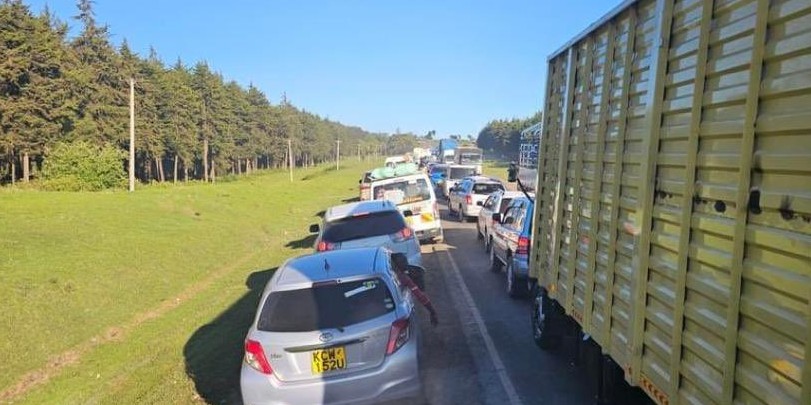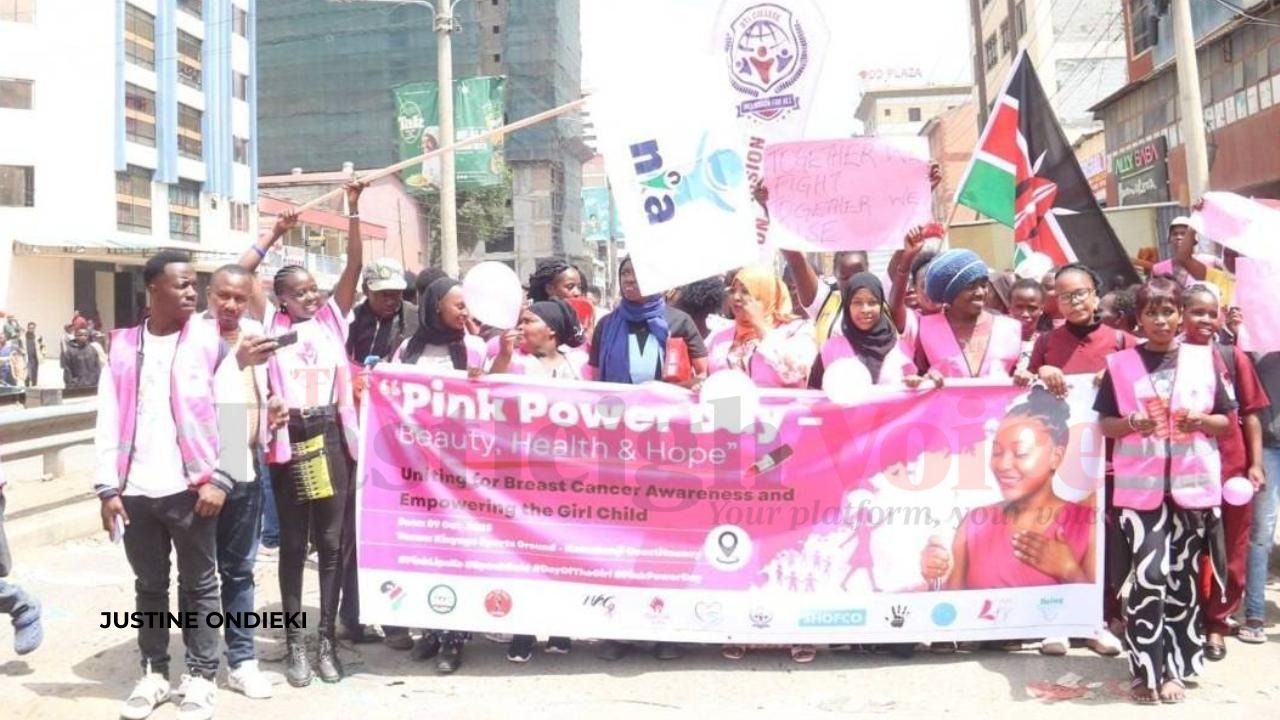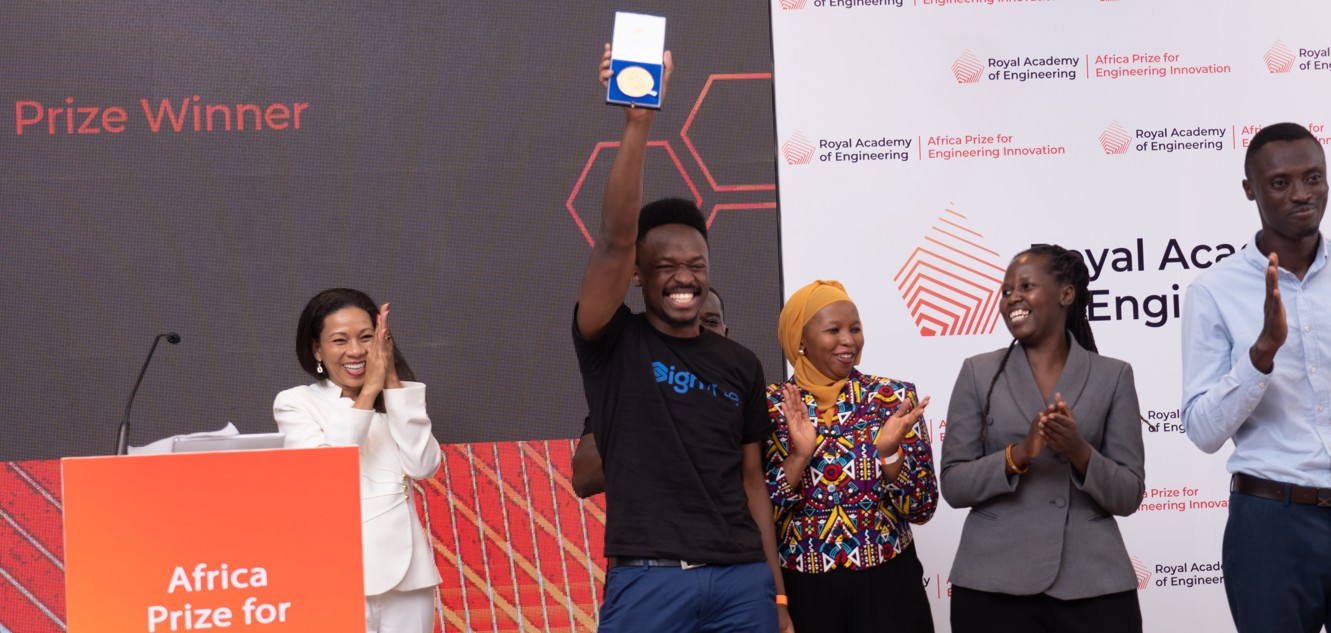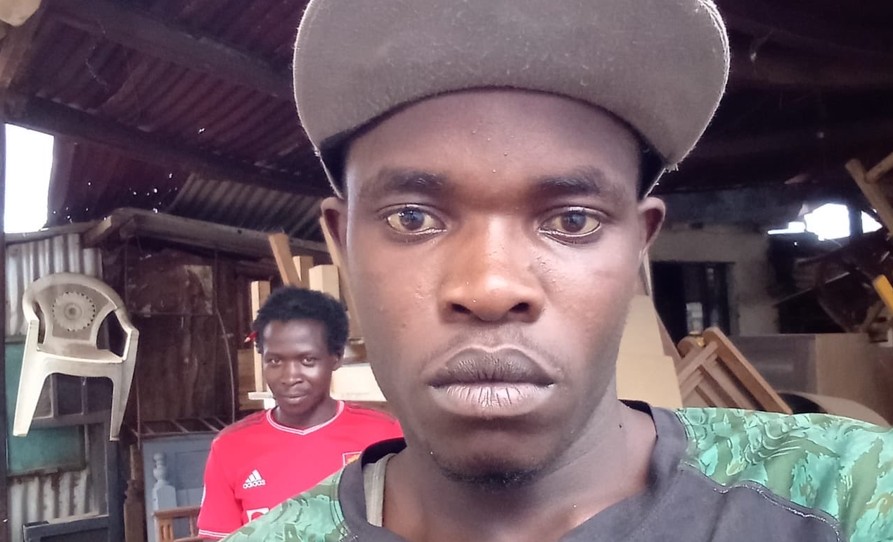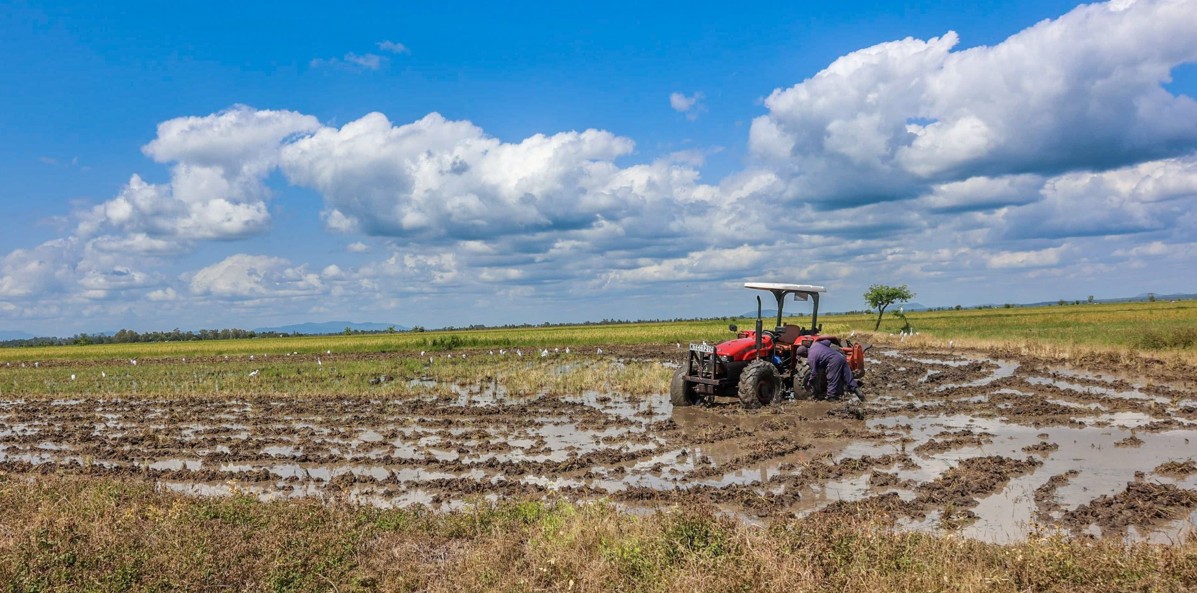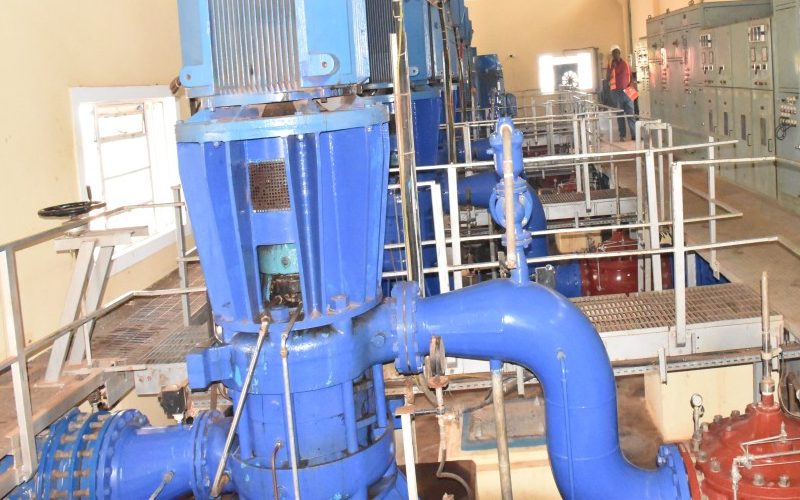CS Kindiki pledges to support regional body in curbing illicit weapons
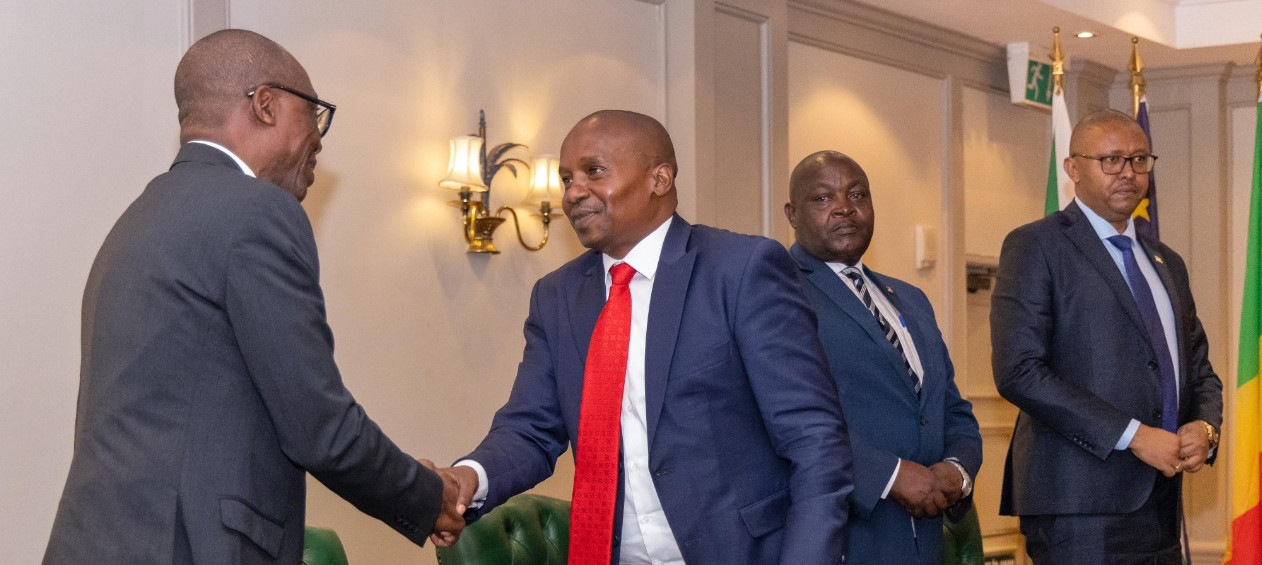
Kindiki added that the devastating impacts of illicit small arms trafficking remain a priority challenge for Africa.
Interior Cabinet Secretary Kithure Kindiki has pledged to support the Regional Centre on Small Arms (RECSA) in its fight against the proliferation of illicit weapons
RECSA coordinates action against Small Arms and Light Weapons (SALWs) proliferation in the Great Lakes Region, the Horn of Africa and bordering countries.
More To Read
- Uganda, AU destroy illicit firearms to curb proliferation of small weapons
- Rwanda takes over from Kenya as chair of regional illicit arms control body
- President Ruto destroys 6,000 illegal firearms recovered by security agencies since 2022
- Gachagua to launch new party, vows to unite Mt Kenya, challenge Ruto ahead of polls
- State issues 24-hour surrender ultimatum to illegal firearm holders in Samburu
- Kindiki to Ruto: I’ll be loyal, I’ll lighten burden on your shoulders
Its members include Kenya, Somalia, Sudan, Ethiopia, Uganda, South Sudan, the Democratic Republic of Congo, Burundi, the Central African Republic, Congo, Djibouti, Eritrea, Rwanda, Seychelles, and Tanzania.
"I am aware that many years after the establishment of RECSA and after the adoption of the Nairobi Declaration 22 years ago, the challenge of small arms and light weapons still lingers in our region. I assure you of my personal, hands-on support as RECSA Chairman to ensure that the organisation achieves the desired targets," Kindiki said during the handover ceremony of the new RECSA Secretary General in Nairobi.
The former Executive Secretary, General Lt Gen Badreldin Abdelgadir, served for a period of five years and was succeeded by Jean Pierre Betindji, who took the oath of office earlier this morning.
RECSA adopted the Nairobi Declaration among other measures to curb the flow of illicit weapons among its member states. However, many countries continue to suffer conflict fueled by the illegal firearms.
Among the resolutions of the Nairobi Declaration were RECSA member states to continue with efforts towards the peaceful resolution of conflicts, to address the problem of the proliferation of illicit small arms and light weapons in the sub-region and to share intelligence and data on the same.
Kindiki added that the devastating impacts of illicit small arms and light weapons trafficking remain a priority challenge for Africa.
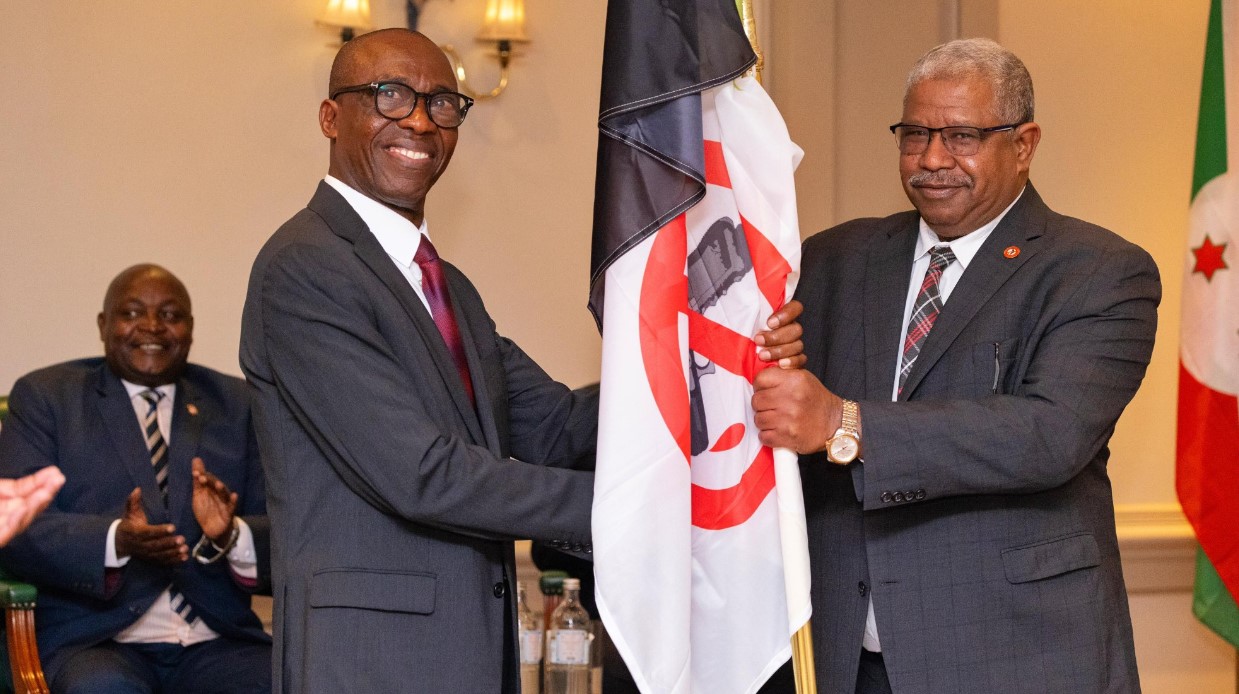 Former RECSA Executive Secretary, General Lt Gen Badreldin Abdelgadir, hands over the flag to his successor, Jean Pierre Betindji, who took the oath of office in Nairobi on Monday, morning, April 22, 2024. (Photo: Kithure Kindiki/X)
Former RECSA Executive Secretary, General Lt Gen Badreldin Abdelgadir, hands over the flag to his successor, Jean Pierre Betindji, who took the oath of office in Nairobi on Monday, morning, April 22, 2024. (Photo: Kithure Kindiki/X)
"Illicit and small arms trafficking continues to fuel conflict, undermine governance, and impede social and economic development in many of our countries. As we move forward to the next century, we in this part of the world have a challenge to find ways of comprehensively and permanently eradicating illicit trafficking in small arms and light weapons," he said.
He noted that Africa currently stands as the next frontier for global civilization owing to its ability to contribute to and benefit from global progress courtesy of its young population, arable land, and critical natural resources that drive the world, but it needs one catalyst to catapult the region into development, which is peace and security.
The next industrial revolution will be driven by science and technology, i.e., artificial intelligence, automation, and big data.
"The participation and contribution of Africa in the first, second, third, and fourth industrial revolutions have been minimal, and one of the reasons is the problem of conflict. Violence and instability whose main fuel is small arms and light weapons in the hands of criminals and other unauthorised organisations and persons," said Kindiki.
In Kenya, for example, the proliferation of SALW in the North Rift region has hindered development for decades.
According to a RECSA report on the nexus between the illicit flow of small arms and light weapons proliferation and cattle rustling, increased commercialisation of cattle rustling has also brought in demand for sophisticated weapons.
"I am persuaded, therefore, that if we stabilise our region and the continent, the future of the world lies in Africa," Kindiki highlighted.
Ethiopia, the Democratic Republic of Congo, Sudan, and South Sudan rank among the fragile states on high alert on the global Fragile States Index annual report (2023), followed by Somalia on very high alert owing to the presence of armed conflict within their borders.
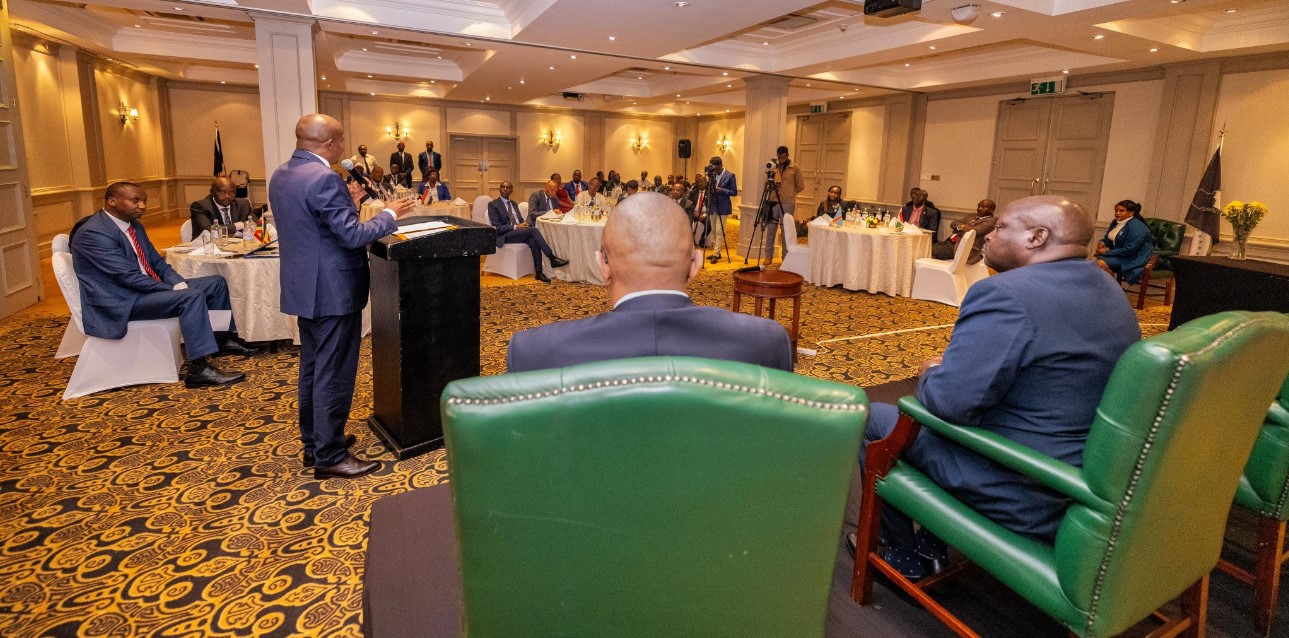 Interior CS Kithure Kindiki speaks at the handover ceremony of the new RECSA Secretary General in Nairobi on Monday, April 22, 2024. (Photo: Kithure Kindiki/X)
Interior CS Kithure Kindiki speaks at the handover ceremony of the new RECSA Secretary General in Nairobi on Monday, April 22, 2024. (Photo: Kithure Kindiki/X)Interior CS Kithure Kindiki speaks at the handover ceremony of the new RECSA Secretary General in Nairobi on Monday, April 22, 2024. (Photo: Kithure Kindiki/X)
Top Stories Today

